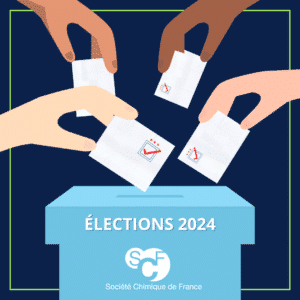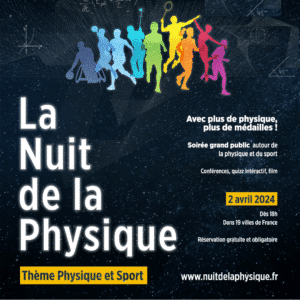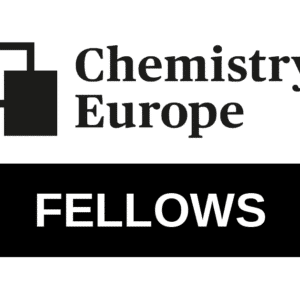Cette année en plus du Prix Jeune Chercheur et du Prix de Thèse, la DivCat a décidé de la création du Prix Innovation. Nous sommes heureux de vous présenter le palmarès de ces 3 prix et de vous donner rendez-vous au congrès FFCAT pour la remise des prix qui se déroulera le Jeudi 2 Juin au Centre Azureva de Ronce-les-Bains (Nouvelle-Aquitaine)
Prix Jeune Chercheur attribué à Prince AMANIAMPONG
For his important and original contribution to the development of sonochemistry as an alternative activation tools in assisting catalytic reactions for transformation of bio-based substrates into industrially relevant chemicals

Prince AMANIAMPONG
- 2016, PhD @ Nanyang Technological University Singapore « Supported gold nanoparticle catalysts for selective bio-based oxidation reactions »
- Postdoct @ IC2MP on the application of sonochemistry and sonocatalysis using high frequency ultrasound technologies in the selective .
- Since 2019, CNRS Researcher at the Institute of Chemistry of Environments and Materials of Poitiers (IC2MP, Poitiers), and partnership of the IC2MP – SOLVAY (E2P2L, Shanghai) join laboratory
- Currently the principal investigator of an ANR JCJC funded project “AminoSound” (2020-2023), principal investigator of a CNRS@CREATSE Singapore and National Research Foundation (NRF) Singapore funded Seed grant project “Bubble” (2021-2023), together with international collaborators from Singapore. He is also a co-PI on an ANR PRCI funded project “SonoNanoCat” (2021-2024), an international collaborative project with scientific partners in Singapore, and also the lead investigator of a CNRSSupport Action for collaborations with Sub-Saharan Africa grant “Chemchoc” (2021-2022) with collaborators from partner universities in Ghana
- In 2021, editorial board member of Ultrasonics Sonochemistry (IF: 7.491) journal and a Topical Advisory board member of the journal Catalysts (IF: 4.146) and is an author of over 25 peer-reviewed articles, 7 book chapters, 1 patent, which have given rise to more than 800 citations (h index = 16)
Prix Innovation attribué à Bertrand GUICHARD
For his important and original contribution to the development of highly active industrial catalysts for refining processes as well as for innovations in the field of the circular economy and high selectivity catalysts for the treatment of alternative feedstocks
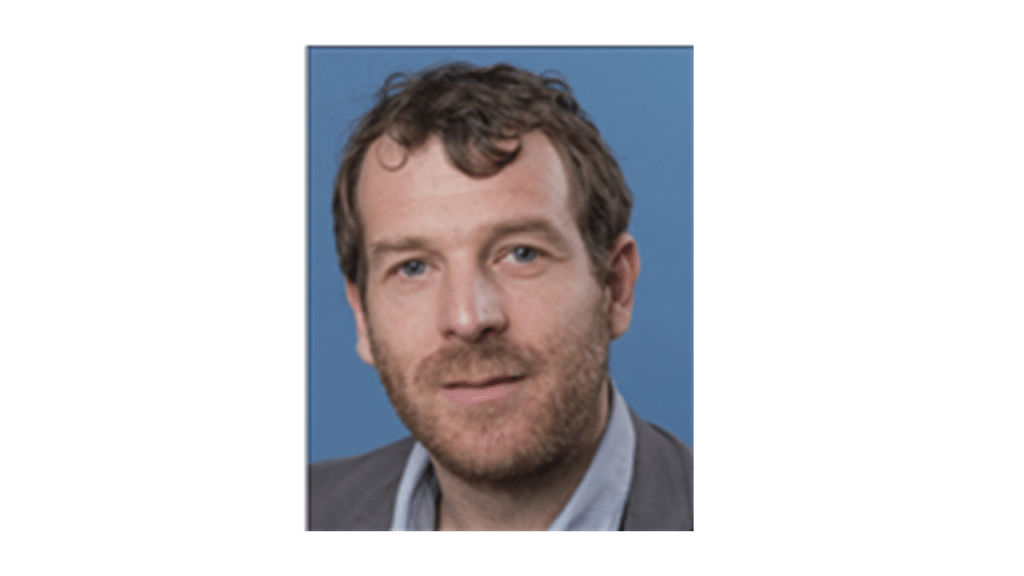
Bertrand GUICHARD
- Engineer from the Ecole Nationale Supérieure de Chimie Paris (ChimieParisTech) specializing in Process Chemistry and Master in Applied Chemistry, Industrial Process Engineering (Paris VI)
- In 2004-200, PhD @ IFP Energies Nouvelles (Solaize) on « Aging of hydrotreating catalysts ».
- Since 2007, research engineer at IFPEN in the Catalysis, Biocatalysis and Separation department. His field of investigation concerns heterogeneous catalysis, and in particular sulfide catalysis, their chemical activation by innovative processes, bifunctional catalysis for hydrocracking of distillates under vacuum.
- He has actively participated in the development of the IMPULSE® range of catalysts marketed by Axens and displaying more than 100 industrial references, but also in several catalytic formulations among the best performing on the market.
- Since 2018, he is in charge of managing projects to develop catalysts and processes for aromatics hydrogenation and hydrocracking in close collaboration with Axens.
- Since 2020, he is in charge of projects in the field of circular economy and processing of alternative raw materials (e.g. used plastics, or biosourced)
Prix de Thèse attribué à Gabriel DURIN
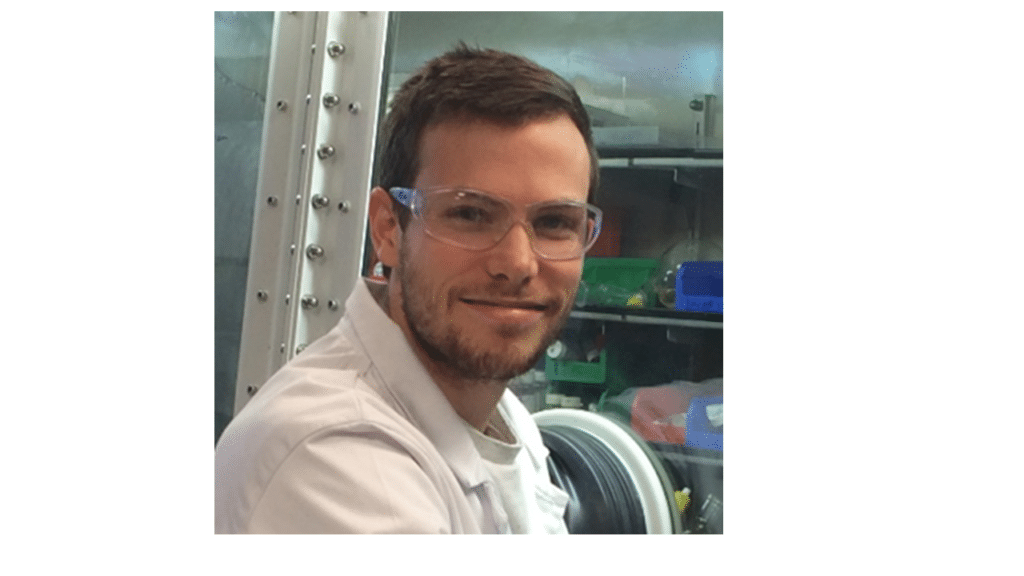
Gabriel DURIN
- After an agregation in Chemistry in 2017, Gabriel DURIN obtained a Master’s degree in Molecular Chemistry at the Ecole Normale Supérieure Paris Saclay and Sorbonne University in 2018.
- Gabriel DURIN then completed a thesis at CEA Saclay under the supervision of Thibault Cantat. His thesis entitled « New catalytic pathways for the synthesis of hydrosilanes from renewable reductants » was defended in 2021 at Paris-Saclay University
- Gabriel DURIN is currently a post-doctoral fellow at the Max-Planck-Institut für Chemische und Energiekonversion, in the group of Prof. Dr. W. Leitner (Mülheim an der Ruhr, Germany)

 Présentation
Présentation  Entités
Entités  Partenaires
Partenaires  Histoire de la SCF
Histoire de la SCF  Gouvernance
Gouvernance  Industrie
Industrie 